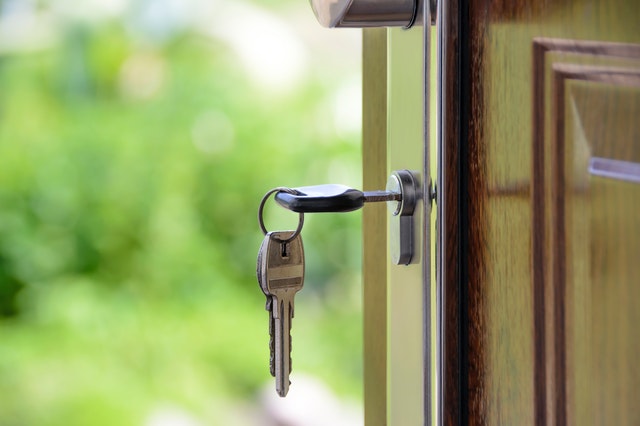 When you are buying a new home, it is an exciting process. You have spent months searching and have found the home you want to purchase. You are ready to move into the home of your dreams.
When you are buying a new home, it is an exciting process. You have spent months searching and have found the home you want to purchase. You are ready to move into the home of your dreams.
Unfortunately, you have found out that your request for a mortgage has been denied. This can be a deflating experience. Fortunately, there are ways to avoid this by understanding the most common reasons why a buyer is denied for a loan.
The Loan Requirements Have Changed
One of the most common reasons why you might be denied a mortgage is that the terms of the loan have changed. For example, the lender might have raised the minimum credit score requirement. This might sound unfortunate; however, it does happen from time to time.
Loan requirements might change from the pre-approval stage. If this happens, think about searching for a loan from a different lender.
You Added Debt
The debt to income ratio is going to matter when applying for a loan. If you are pre-approved for a loan and your amount of debt changes, the lender is going to look at this closely. Common forms of debt include student loans and credit cards.
Even small changes in your debt amount can impact your ability to qualify for a loan. Try to avoid buying a new car or maxing out a credit card during the mortgage application process. This will help you keep the loan you’ve worked so hard to earn.
You Changed Jobs
Finally, employment status also matters to the lender. When you take out a loan, the lender needs to know that this will be repaid. This depends on you having a steady stream of income from your job.
If you decide to change jobs between the time of pre-approval and the time of purchase, your employment history and income stream do not mean as much. While changing employment will not totally disqualify you, make sure to discuss this possibility with your lender. Changing jobs within the same field is likely fine; however, moving to a new career entirely can be a red flag.
Mortgage Denials are Frustrating
It is frustrating to have your request for a loan denied. Fortunately, understanding these common reasons can help you avoid this deflating experience. Think about all of these possible scenarios when you apply for a home loan. And rely on the expertise of your trusted home mortgage professional.
 When you are buying a home, you may run into a number of hurdles to complete the purchase. One of the items that you may be asked to purchase is called private mortgage insurance, often shortened to PMI. This is a unique insurance policy that your lender, such as the credit union or bank, may ask you to buy in order to protect themselves. In this insurance policy, the bank protects themselves against losing money if you end up defaulting on your loan.
When you are buying a home, you may run into a number of hurdles to complete the purchase. One of the items that you may be asked to purchase is called private mortgage insurance, often shortened to PMI. This is a unique insurance policy that your lender, such as the credit union or bank, may ask you to buy in order to protect themselves. In this insurance policy, the bank protects themselves against losing money if you end up defaulting on your loan.